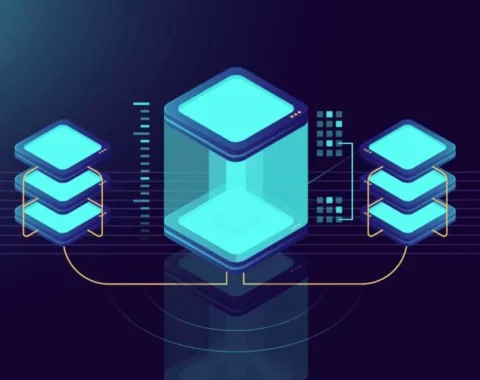In the world of software development, code is not just written—it’s sculpted, reviewed, and refined. The code review process is essential to building robust, efficient, and scalable software. But how do you ensure that your code reviews are not just a formality, but an opportunity to elevate the quality of your project? In this blog, we’ll uncover the art of performing great code reviews and why they are vital to a healthy development workflow.

What is a Code Review?
A code review is the practice of having other developers examine code changes before they are merged into the main codebase. It’s a collaborative effort that aims to identify bugs, improve code quality, and ensure that the code adheres to the project’s standards. More than just a quality check, it’s a learning opportunity for everyone involved.
Why Code Reviews Matter
The benefits of code reviews go far beyond catching errors. When done right, code reviews:
- Improve Code Quality: Having another pair of eyes on the code helps catch potential issues and encourages better coding practices.
- Enhance Collaboration: Code reviews promote teamwork and create a culture of open communication and shared responsibility within the development team.
- Ensure Consistency: With a consistent review process, you maintain coding standards across the project, ensuring uniformity and readability in the codebase.
- Facilitate Knowledge Sharing: Junior developers learn from the reviews of senior engineers, and even seasoned developers pick up new techniques or perspectives from their peers.
How to Perform Great Code Reviews
Be Respectful and Constructive
The goal of a code review is to improve the code, not to criticize the coder. Start by acknowledging the effort that went into writing the code and frame your feedback in a positive, constructive way. Focus on the code, not the person.
Example:
Instead of: “This is wrong.”
Try: “Could we explore another approach here for better performance?”
Review the Big Picture First
Don’t jump into the details immediately. Start by understanding the context of the changes. What problem is this code solving? Does it align with the project’s goals? Is the overall architecture sound?
Check for Code Simplicity and Clarity
Great code is easy to read and understand. If a piece of code is too complex or cryptic, it could be a sign that it needs to be simplified. Always aim for clarity and simplicity—future maintainers of the code will thank you.
Focus on Logic and Structure
After ensuring the code is understandable, look deeper into the logic and structure. Is the code doing what it’s supposed to do? Are there any potential bugs? Is the structure modular and scalable?
Adhere to Coding Standards
Every project has its own coding guidelines. A good reviewer checks that the code adheres to these standards, ensuring uniformity in the codebase. Whether it’s naming conventions, formatting, or design patterns, consistency is key.
Test Cases Matter
A good code review is incomplete without ensuring there are sufficient test cases. Verify that the new code is well-tested, and encourage the developer to add tests if necessary. Good test coverage reduces the risk of bugs down the line.
Keep it Timely
Code reviews shouldn’t be a bottleneck. Developers need feedback quickly to keep the workflow moving. Aim to review the code within a reasonable timeframe to avoid unnecessary delays in the project.
Ask Questions
Don’t hesitate to ask clarifying questions if something isn’t clear. This not only helps you understand the code better but also encourages the developer to rethink or explain their approach more thoroughly.
Common Pitfalls to Avoid
- Nitpicking: Avoid focusing too much on small, trivial details. Reserve your comments for meaningful suggestions that improve the code.
- Rushing the Review: A hasty review often misses critical issues. Take the time to review code thoughtfully and thoroughly.
- Overloading the Developer: Don’t overwhelm the developer with too much feedback at once. Prioritize the most important points and be mindful of the developer’s experience level.
The Pexaworks Code Review Culture
At Pexaworks, we believe that code reviews are a powerful tool for fostering innovation and excellence. We’ve built a collaborative review process where feedback is not just given, but discussed openly. This culture of continuous improvement helps us deliver high-quality software solutions, and it’s a practice we encourage all teams to adopt.
Conclusion: Strive for Excellence in Every Line
Performing great code reviews is a skill that takes time to develop, but it’s essential to building quality software and cohesive development teams. By fostering a positive, constructive review culture, you not only improve your codebase but also help your team grow and collaborate more effectively. Whether you’re a junior developer or a seasoned engineer, embracing the art of code reviews will elevate both your work and your team.
At Pexaworks, we deliver bespoke software solutions that seamlessly integrate with business processes, driving innovation and efficiency. Let pexaworks be your partner in innovation and digital transformation. Together, we can create something extraordinary!


